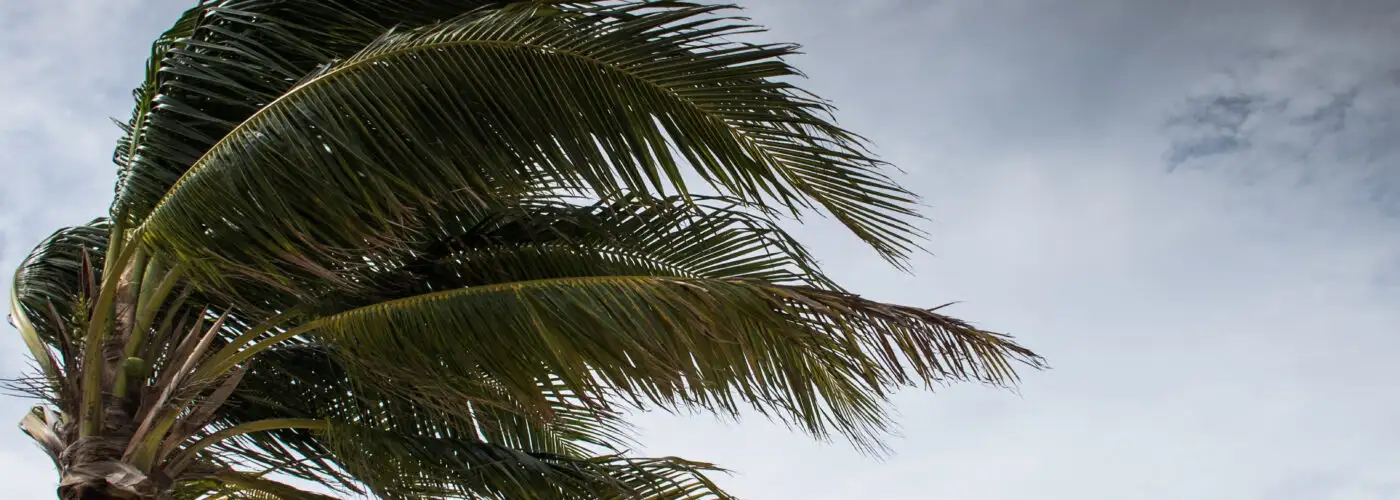Caribbean hurricane season is prime time for landing a deal. Sure, there’s some risk involved, but with smart planning and a bit of luck you can end up with a sunny and affordable tropical vacation…or get a refund if Mother Nature is seriously uncooperative.
How to Avoid Caribbean Hurricane Season
Here are tips from meteorologists, a travel insurance agent, and other experts who offered advice on where to go, where to avoid, and how to hedge your bets once you’ve booked your trip during Caribbean hurricane season.
When Is Hurricane Season?
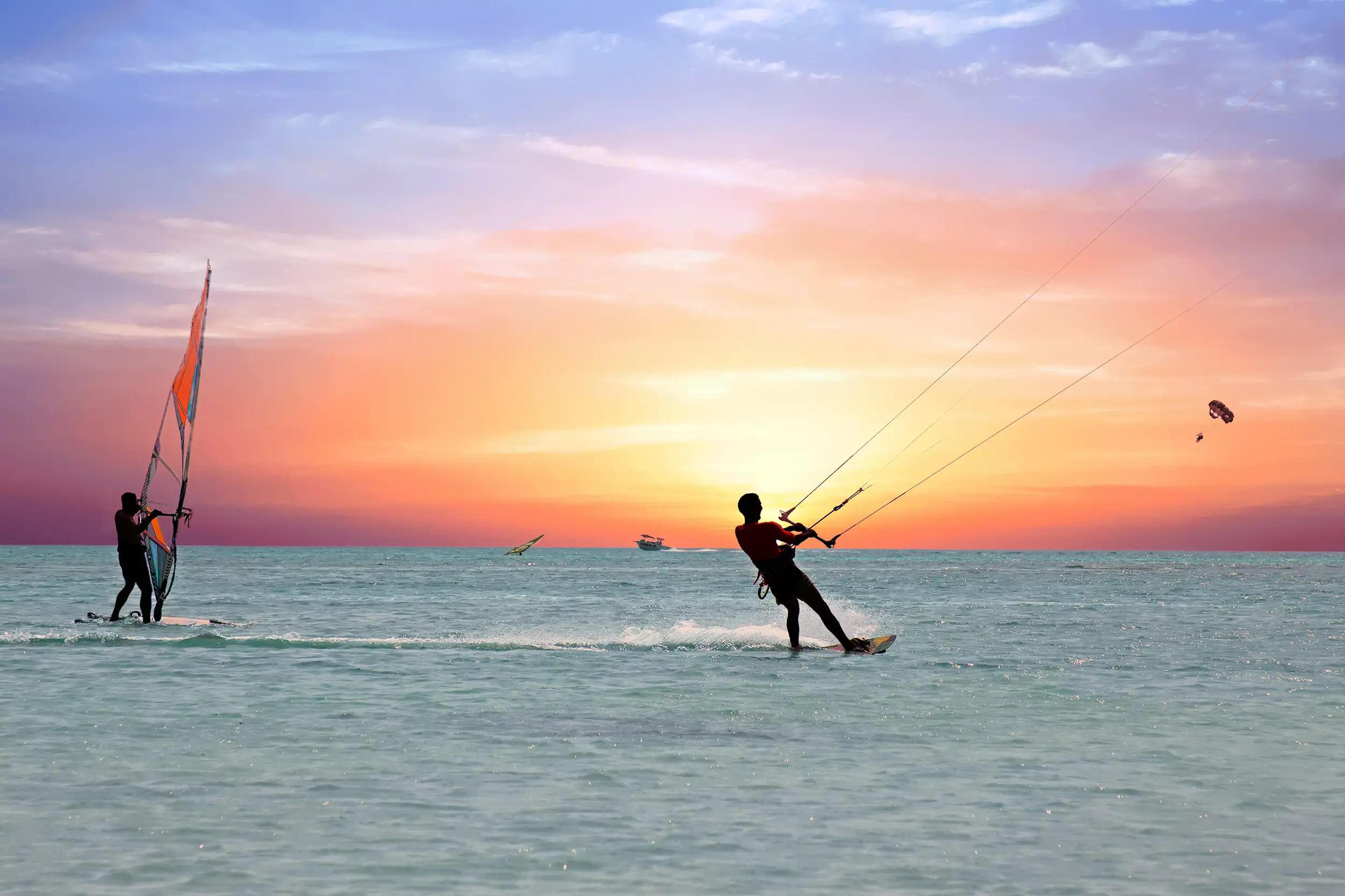
Each year, an average of 13 tropical storms whirl through the Caribbean, Atlantic, and Gulf of Mexico during hurricane season, which officially runs from June 1 through November 30. Six of those storms will become hurricanes, according to data from the National Weather Service and the National Oceanic and Atmospheric Administration (NOAA).
Hurricane season peaks from mid-August to late October. During this intense period bands of thunderstorms near the Equator drift over the region’s warm waters, giving hurricanes the ability to develop.
If you’re willing to take the risk, the rewards are numerous. Sylma Brown, director of the Caribbean Tourism Organization USA Inc., says hotel savings are up to 50 percent, airfare is typically lower, beaches are less crowded, and temperatures stay in the mid to upper 80s.
Spots Most Likely to Be Hit
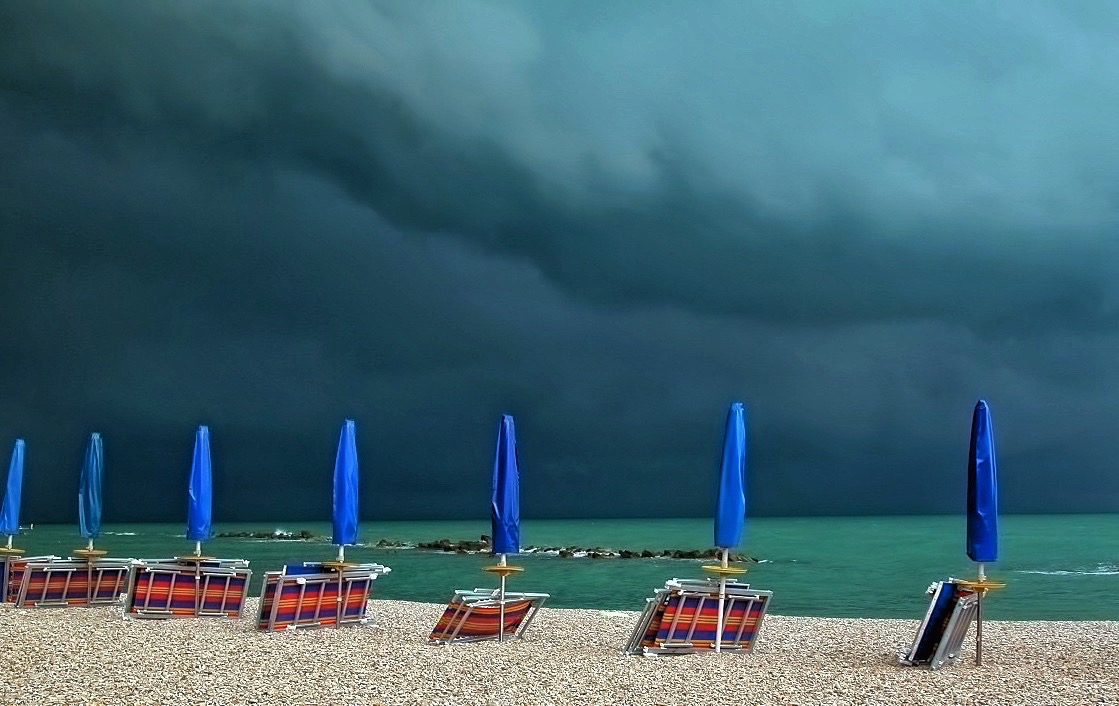
There’s a science to dodging the Caribbean hurricane season. The areas most likely to get hit are those where the ocean happens to be warming the quickest from late spring to fall.
Meteorologist Evan Duffey breaks it down below.
He offers an overview of the annual pattern: Early in the season the waters in the Gulf of Mexico warm more quickly than other parts of the Atlantic. By August and September the eastern Caribbean sees an uptick in storm activity. Later in the season the focus shifts west and north.
June and July: Gulf of Mexico
August and September: Northern Windward Islands (Martinique, St. Lucia, St. Vincent, etc.), Leeward Islands (U.S./British Virgin Islands, Anguilla, St. Maarten/St. Martin, Guadeloupe Islands, etc.), Greater Antilles (Cayman Islands, Dominican Republic, Cuba, Jamaica, etc.)
October and November: Western Caribbean and Southeast U.S. coastline
It’s worth noting that with the warmer-than-usual waters in the Atlantic Ocean this year, the NOAA warns of a higher likelihood of an “above normal” hurricane season moving forward into the autumn months.
Spots Least Likely to Be Hit
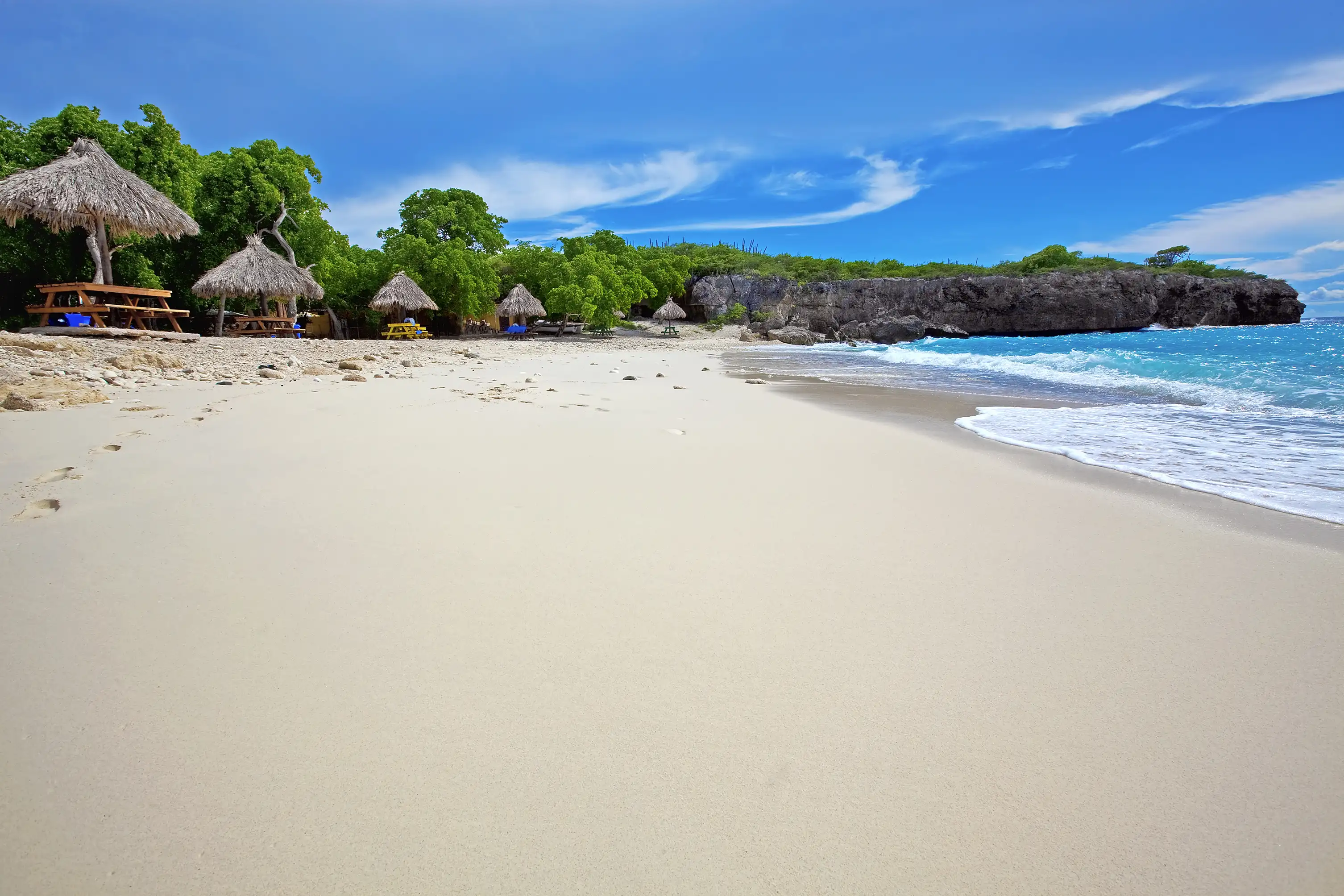
If you’re planning a trip during Caribbean hurricane season, head for the southern Caribbean where there’s a lower chance of being disrupted by tropical systems.
The far southern Windward Islands (Trinidad and Tobago, Grenada) and the ABC Islands (Aruba, Curacao, Bonaire) are relatively free of tropical system impacts. The same goes for southern Central America (Panama, Costa Rica), says Duffey.
“These are too close to the Equator and generally south of a large percentage of historical hurricane tracks,” he says.
Considering cruising during Caribbean hurricane season? It’s a great option for a couple of reasons. Cruise ships have sophisticated onboard weather-monitoring technology that allows captains to track storms and, if necessary, reroute their ships to a different port with better weather.
Cruise ships can also typically “outrun” a hurricane. According to Cruise Critic, storms tend to move at about eight to 10 knots, while ships can attain speeds of up to 22 knots and beyond.
Your Chance of a Hurricane Hitting
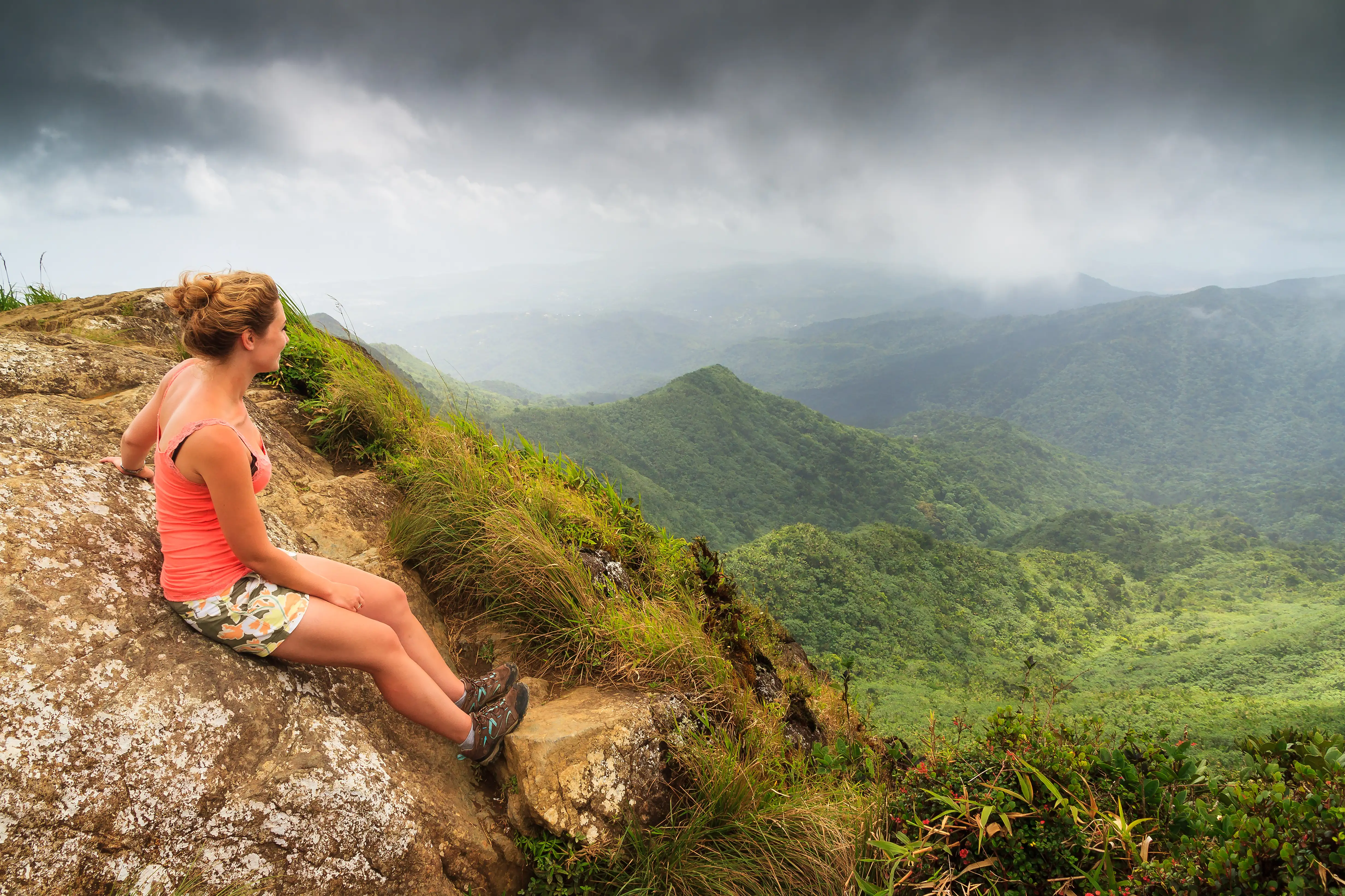
When weighing the odds, NOAA and National Hurricane Center meteorologist Dennis Feltgen would be the first to tell you there are no storm-free guarantees during Caribbean hurricane season.
“Every island and coastline across the Caribbean region is vulnerable to a hurricane impact every year,” he says. “Whether one occurs at a specific location this season is impossible to predict.”
But the geographic span of the Caribbean is so vast that even when a hurricane is affecting one area, much of the rest of the region is likely enjoying beautiful weather, says Frank Comito, former director general and CEO of the Caribbean Hotel and Tourism Association.
Travel Insurance
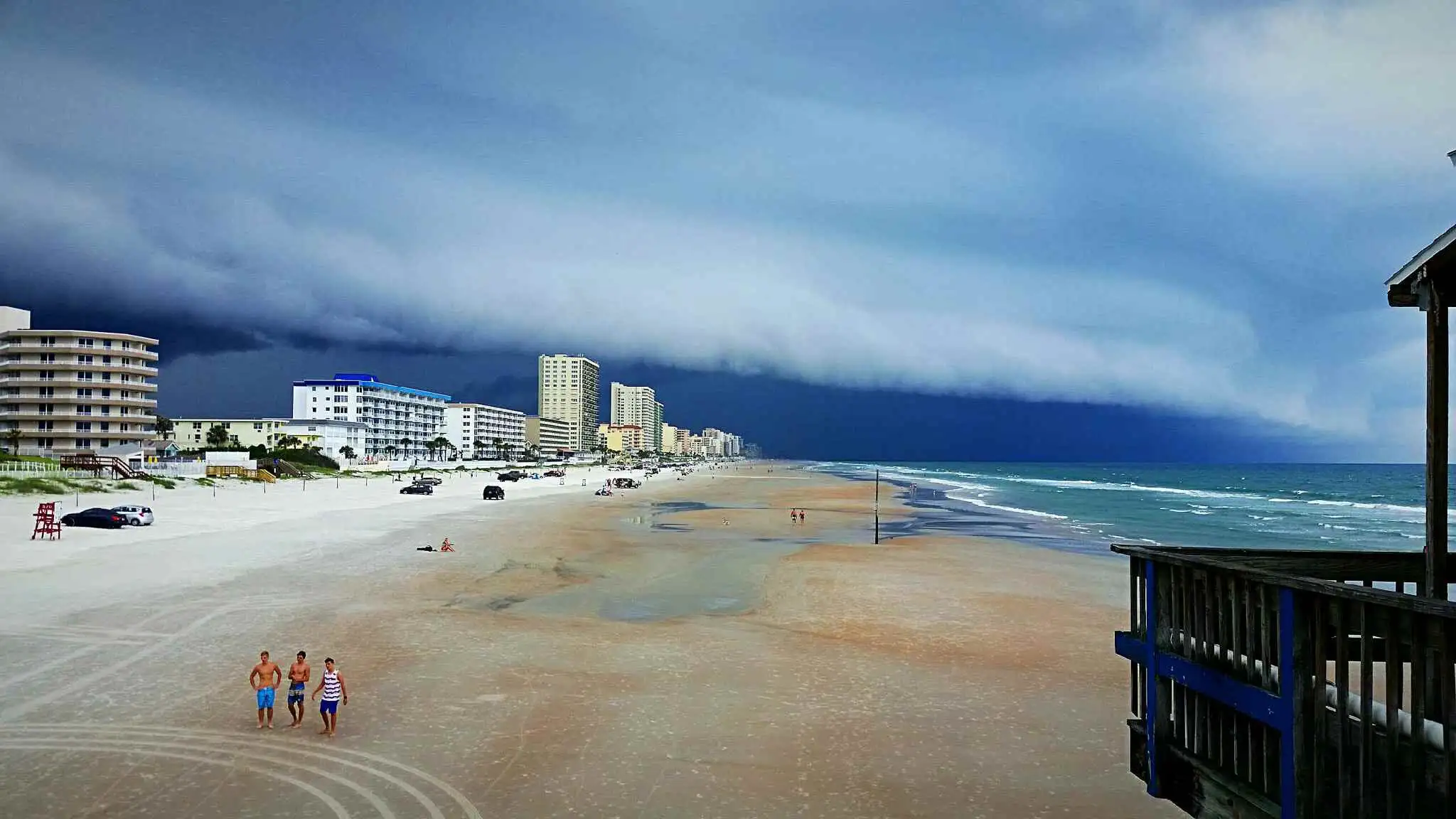
Is a hurricane season trip worth the risk? Meteorologist Evan Duffey says if given the opportunity, he’d go. So would Dennis Feltgen.
“You just need to be smart about it,” says Feltgen. “Traveling into any part of the Caribbean during hurricane season carries some risk. Those who do so should always have travel insurance and check in advance with the hotel or resort at which they are staying to learn its hurricane plan.”
According to InsureMyTrip.com, an online travel insurance comparison site, 75 percent of customers will choose a comprehensive travel insurance policy for hurricane season travel.
A comprehensive policy comes with extensive benefits: medical coverage, emergency travel services, baggage protection, and trip-cancellation and trip-interruption coverage. If you opt for trip-cancellation insurance, you’ll receive benefits in a number of different scenarios. Policies vary, but these are some typical cancellations that are covered:
- Weather: When your airline or cruise line ceases service due to weather
- Hurricane alert: When your destination is under a NOAA-issued hurricane warning or alert
- Storm damage: When your destination hotel, resort, or vacation rental is made uninhabitable by a storm
- “Cancel for Any Reason”: When you want coverage for canceling a trip for any reason (a time-sensitive option)
Before You Buy
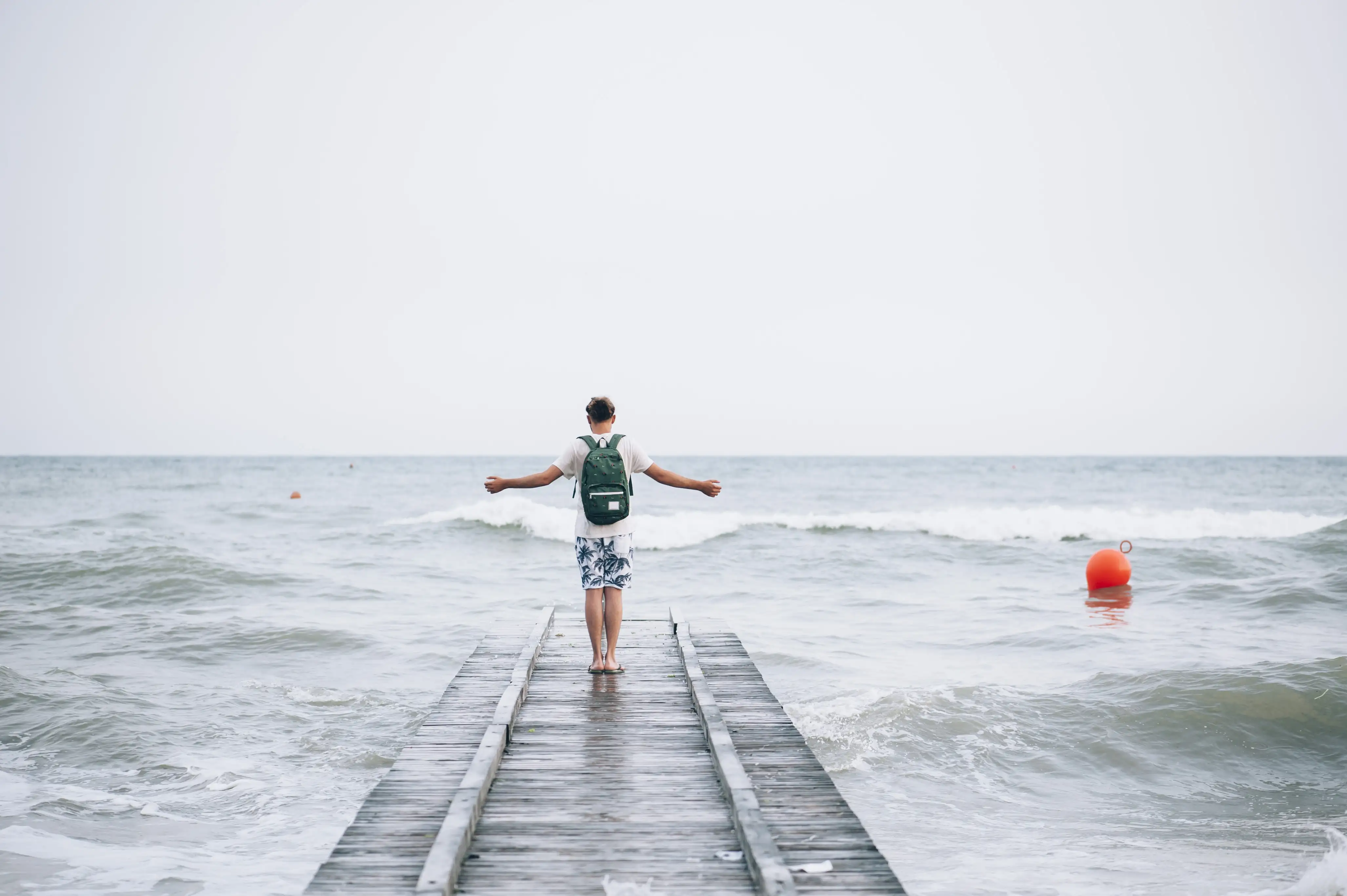
Be sure to read the fine print on travel insurance, especially regarding unforeseen events and coverage for inclement weather. You’ll need to have your insurance purchased before meteorologists are talking about a storm in your destination.
“Travelers concerned about hurricanes should purchase travel insurance early,” says Julie Loffredi, InsureMyTrip’s news editor. “Once a storm starts forming, it’s considered a foreseeable event and insurance coverage will no longer be available to cover losses related to that storm.”
When comparing travel insurance policies, Loffredi suggests asking these questions:
- What will happen if my destination is made uninhabitable by a storm?
- What about delays and cancellations on both ends of my itinerary?
- Is there any insurance plan available to me that will allow me to cancel my trip because of a hurricane warning?
- Can I get “Cancel for Any Reason” coverage? Would it be wise for me to do so?
- If I have to interrupt my trip because of bad weather, what kind of insurance will cover the cost of my missed travels?
Hotel and Airline Cancellation Policy Basics
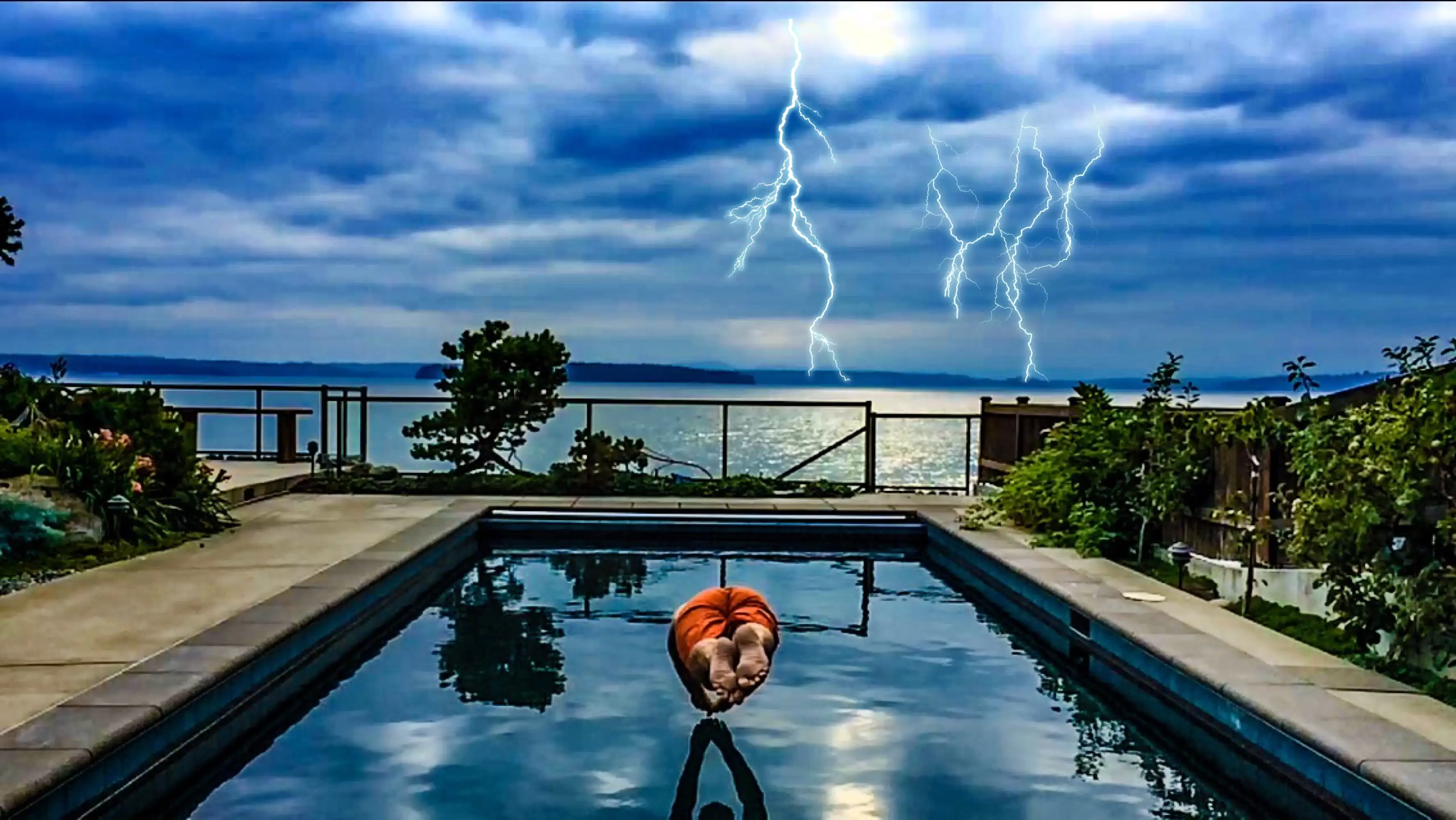
Take the time to clearly understand your airline, cruise line, or resort’s hurricane cancellation policy. Most airlines will allow you to rebook on a future flight. Most hotels in hurricane-prone destinations offer rebooking and refund options.
“Hotel cancellation policies typically don’t kick in unless there is an official storm watch or alert issued,” says Comito at CHTA. “Hotels generally will offer to rebook without penalty. Some hotels go as far as offering a full refund, while chains often offer a stay at one of their hotels in another destination. For guests whose stay may be interrupted, there is no cancellation fee.”
Hotel Hurricane Plans
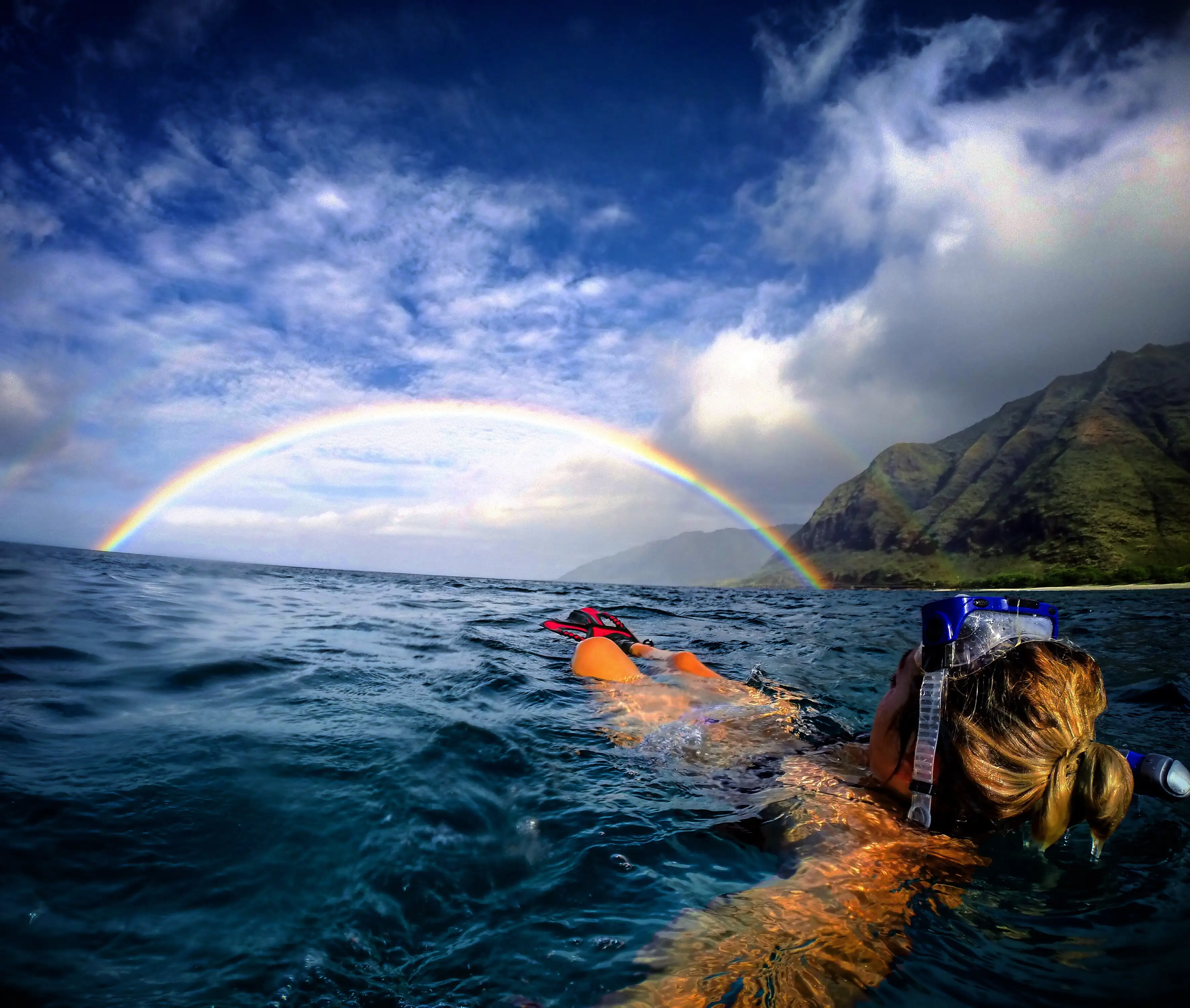
Most Caribbean hotels are prepared for the worst: This isn’t their first rodeo. Hotel staff members are accustomed to weathering storms, attending hurricane response workshops, and serving on emergency response committees.
Before you travel, ask what your hotel’s hurricane plan entails. Generators, flashlights, backup supplies of food, water, first aid kits, blankets, and cots are all the norm, according to the Caribbean Hotel and Tourism Association (CHTA).
Even if a storm hits during your vacation, it might not be all doom and gloom.
“Some hotels have reported that guest satisfaction levels actually increase during a storm because staff go above and beyond to ensure their comfort,” says Comito. “And if a storm does strike, typically, the next day the weather is brilliant and guests are enjoying the beaches and facilities across their respective destinations.”
Jamie Moore is a regular contributor to SmarterTravel. Her articles have appeared on USA Today, Yahoo Travel, Huffington Post, and WestJet.
Editor’s note: This story was originally published in 2017. It has been updated to reflect the most current information.
You Might Also Like:
• Should You Book a Trip on Travel Tuesday?• 7 Air Travel Secrets You Didn’t Know
• 18 Winter Travel Tips for Flights and Road Trips
• 9 Affordable Travel Gift Ideas for Under $25
• 10 Strategies to Survive Staying with Family Over the Holidays
We hand-pick everything we recommend and select items through testing and reviews. Some products are sent to us free of charge with no incentive to offer a favorable review. We offer our unbiased opinions and do not accept compensation to review products. All items are in stock and prices are accurate at the time of publication. If you buy something through our links, we may earn a commission.
Related
Top Fares From
Today's Top Travel Deals
Brought to you by ShermansTravel
Kenya: 14-Night Tour, Incl. Tanzania &...
smarTours
 vacation
$7125+
vacation
$7125+
7-Night Caribbean Round-Trip Cruise From Orlando:...
Norwegian Cruise Line
 cruise
$789+
cruise
$789+
Ohio: Daily Car Rentals from Cincinnati
85OFF.com
 Car Rental
$19+
Car Rental
$19+
